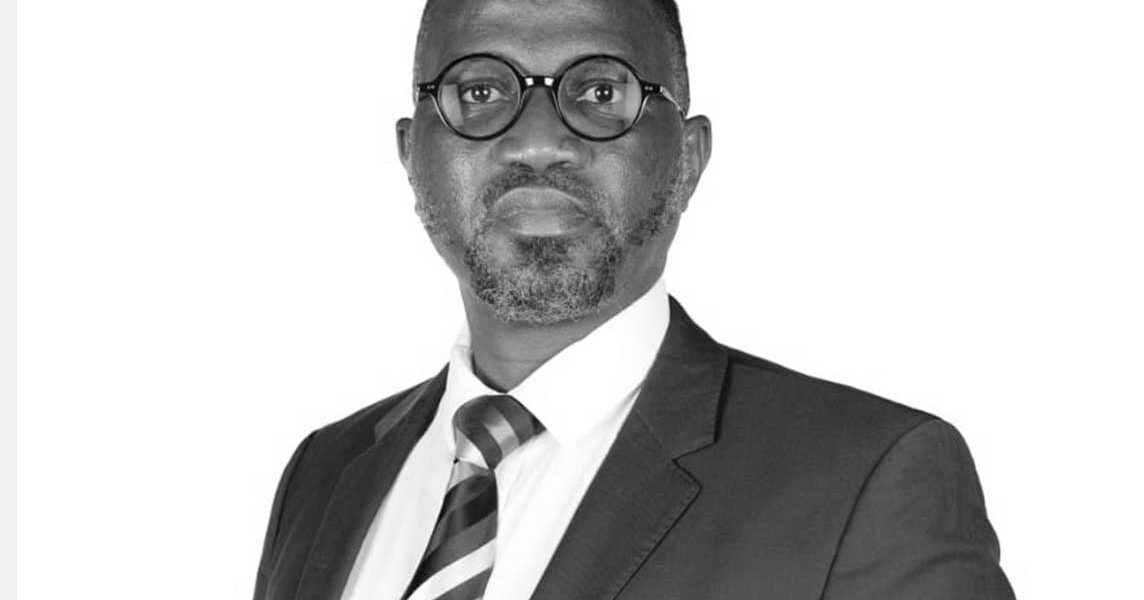But says unemployment has risen close to historic highs with poverty and inequality worsened following the COVID-19 pandemic
GAZETTE REPORTER
Botswana’s economy is one of the few in sub-Saharan Africa where output has recovered to its pre-COVID level, the International Monetary Fund (IMF) has said.
In a report released recently, the IMF says the country’s performance has been underpinned by careful management of mineral resources and a track record of very strong policies and policy frameworks. “The recovery is expected to continue through the medium term, but there is significant uncertainty,” the report says.
Good harvest
Botswana’s growth will be supported by higher prices and demand for diamonds, increased copper production, prospects for a good harvest, less COVID-19 mobility restrictions, and more international tourist arrivals. “These factors and a strong fiscal adjustment will strengthen buffers, particularly those held by the government,” notes the IMF.
“Downside risks to this outlook relate to the strength of commodity markets, China’s growth, the pace of tightening of monetary policy in advanced economies, and climate shocks.”
Despite the positive outlook, the IMF says Botswana faces difficult challenges as unemployment has risen close to historic highs, with poverty and inequality having worsened following the COVID-19 pandemic.
“With inflation above the central bank’s objective range, providing support to the most vulnerable through the government social programmes remains a priority in the near term,” says the report. “In this context, improving the targeting of social programmes will reduce leakages.”
Diversification and digitalisation
It notes that over the medium term, a sustained reduction in poverty and inequality will require further progress on diversification and digitalisation reforms as well as moving away from inward-looking policies such as import restrictions.
As such, the IMF holds that implementing the planned medium-term fiscal consolidation will rebuild buffers and financial assets for future generations. “The consolidation plan will achieve fiscal surplus over the medium term and rebuild the Government Investment Account to shield the economy against shocks and build an asset base,” it says.
“Successful implementation of the plan will require institutional fiscal reform, including to adopt a public wage formation framework, anchor fiscal policy in a credible medium-term fiscal framework, and formalise a new fiscal rule in National Development Plan 12.”
The IMF says a successful implementation of the Reset Agenda will enhance Botswana’s resilience and ensure sustained high-job rich growth. “Implementation of the plan will diversify the economy towards financial services (facilitated by fintech), manufacturing, and tourism, and transform Botswana into a high-income status as per Vision 2036,” it notes.
“Reforms should include enhancing accountability, competition, and governance, deepening trade integration, and a faster energy transition,” says the report. “Undue reliance on import substitution and restrictions to promote industrialisation could be counter-productive.”

